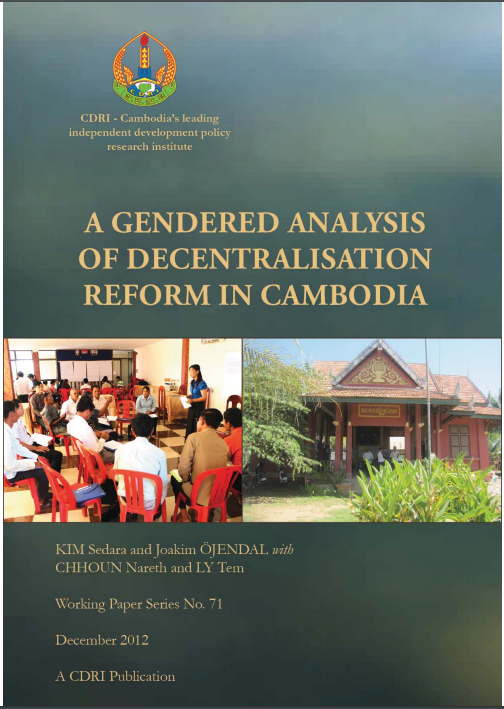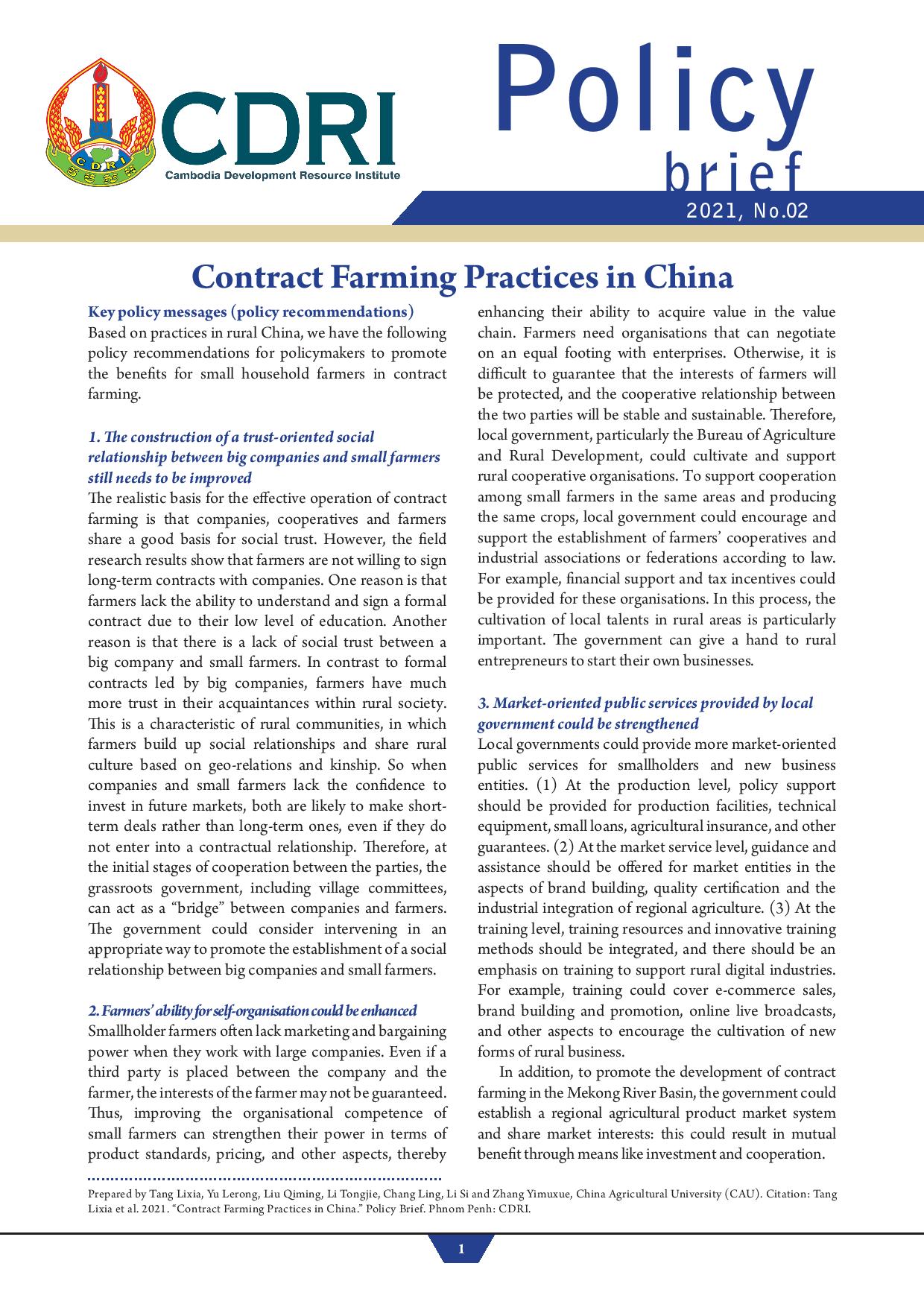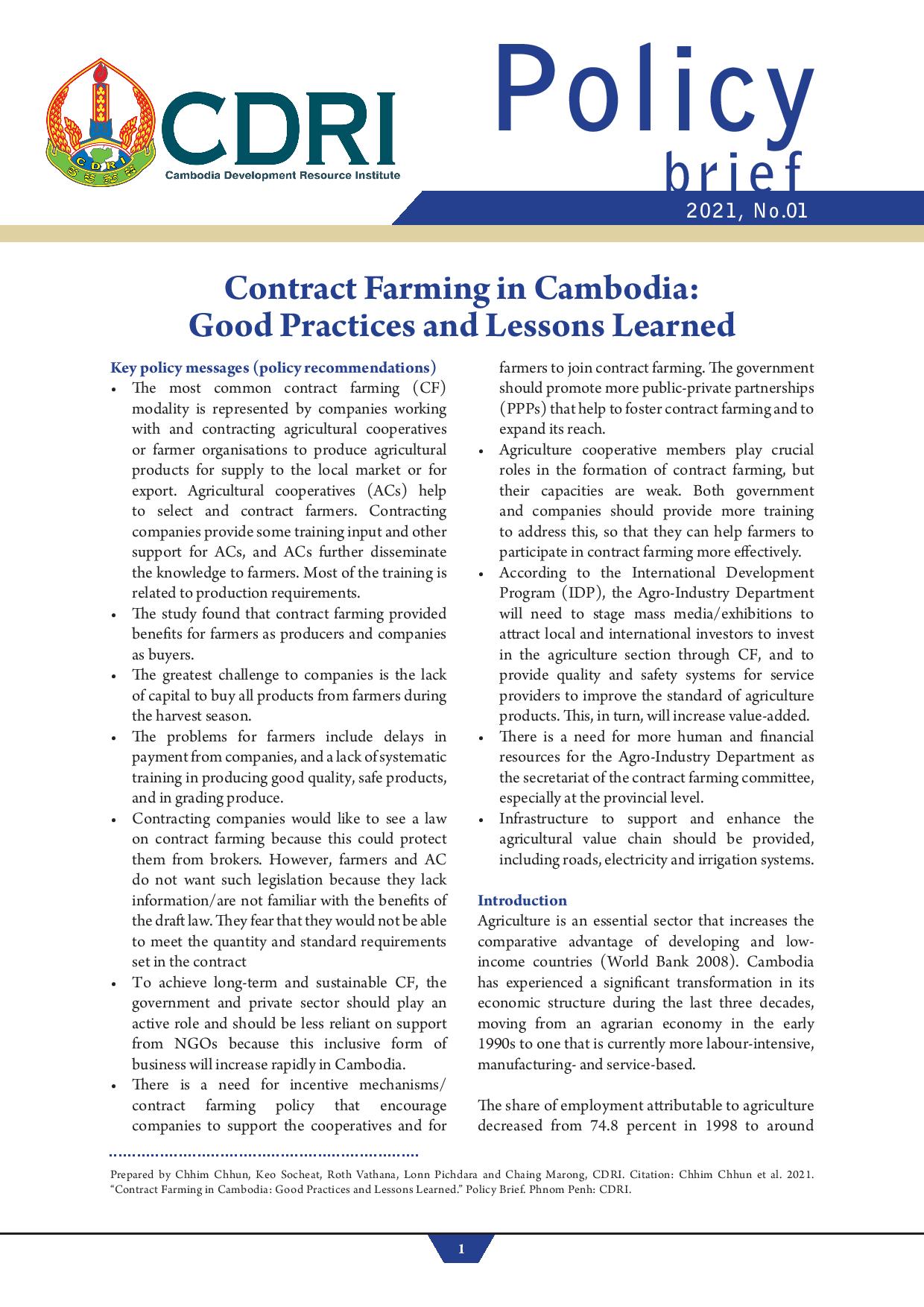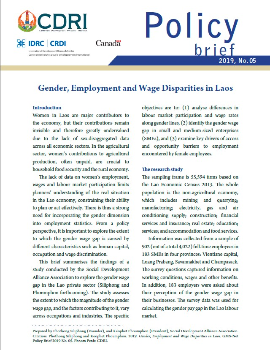Abstract/Summary
The commune/sangkat elections in 2002 and 2007 marked a
significant step forward in Cambodia’s democratic decentralisation process.
Decentralisation is the most deep-cutting public sector reform and the
politically most important democratic development in Cambodia. The reform
rearranges power structures, creates space for a more pluralistic political
representation, addresses gender equality in local politics, and triggers
articulation of new opinions. However, reforms continue to face significant
challenges: female representation in political decision-making bodies remains
inadequate, gendered articulation of ideas and priorities has limited
resonance, and entrenched gendered power structures are not easily altered and
even less readily removed. Taking democratic decentralisation and gender
equality into account, this study aims to explore the space for women in
Cambodia’s emerging local governance system: To what extent is there an
increased gender balance? How do women manage to articulate and pursue their
views in local politics? In answering these research questions, we empirically
examine two critical issues: female representation in the commune council and
women’s political articulation and influence in local politics.




